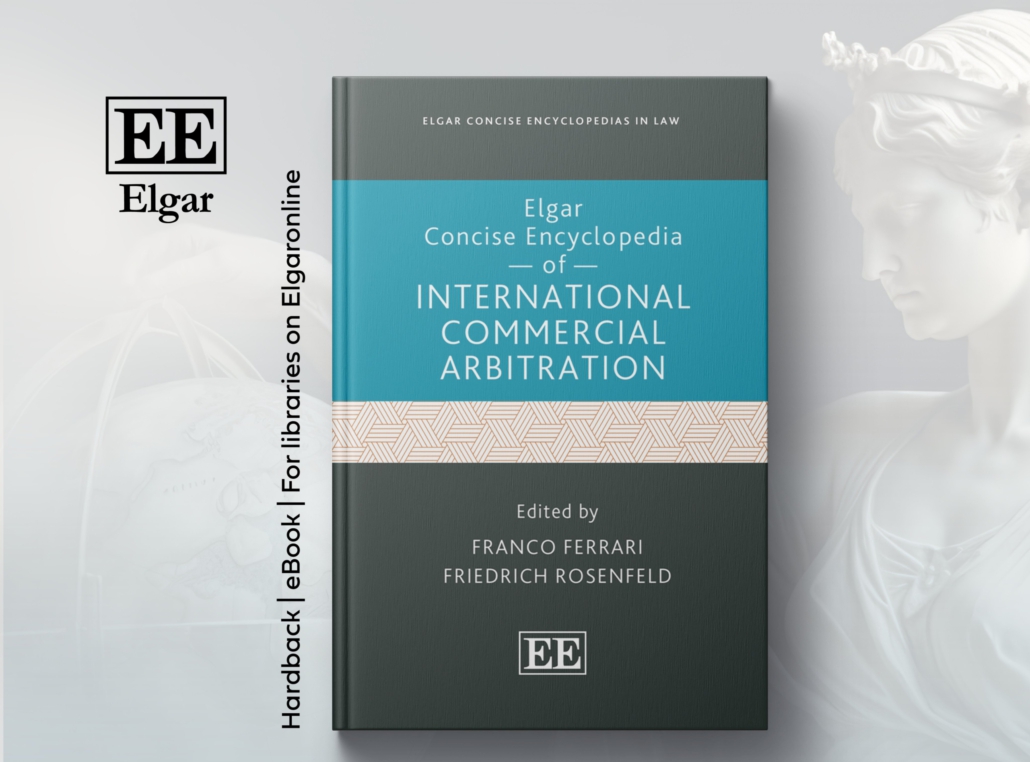In 2017 drivers working under contract for Uber in Ontario launched a class action. They alleged that under Ontario law they were employees entitled to various benefits Uber was not providing. In response, Uber sought to stay the proceedings on the basis of an arbitration clause in the standard-form contract with each driver. Under its terms a driver is required to resolve any dispute with Uber through mediation and arbitration in the Netherlands. The mediation and arbitration process requires up-front administrative and filing fees of US$14,500. In response, the drivers argued that the arbitration clause was unenforceable.
The Supreme Court of Canada has held in Uber Technologies Inc. v. Heller, 2020 SCC 16 that the arbitration clause is unenforceable, paving the way for the class action to proceed in Ontario. A majority of seven judges held the clause was unconscionable. One judge held that unconscionability was not the proper framework for analysis but that the clause was contrary to public policy. One judge, in dissent, upheld the clause.
A threshold dispute was whether the motion to stay the proceedings was under the Arbitration Act, 1991, S.O. 1991, c. 17 or the International Commercial Arbitration Act, 2017, S.O. 2017, c. 2, Sch. 5. Eight judges held that as the dispute was fundamentally about labour and employment, the ICAA did not apply and the AA was the relevant statute (see paras. 18-28, 104). While s. 7(1) of the AA directs the court to stay proceedings in the face of an agreement to arbitration, s. 7(2) is an exception that applies, inter alia, if the arbitration agreement is “invalid”. That was accordingly the framework for the analysis. In dissent Justice Cote held that the ICAA was the applicable statute as the relationship was international and commercial in nature (paras. 210-18).
The majority (a decision written by Abella and Rowe JJ) offered two reasons for not leaving the issue of the validity of the clause to the arbitrator. First, although the issue involved a mixed question of law and fact, the question could be resolved by the court on only a “superficial review” of the record (para. 37). Second, the court was required to consider “whether there is a real prospect, in the circumstances, that the arbitrator may never decide the merits of the jurisdictional challenge” (para. 45). If so, the court is to decide the issue. This is rooted in concerns about access to justice (para. 38). In the majority’s view, the high fees required to commence the arbitration are a “brick wall” on any pathway to resolution of the drivers’ claims.
The majority then engaged in a detailed discussion of the doctrine of unconscionability. It requires both “an inequality of bargaining power and a resulting improvident bargain” (para. 65). On the former, the majority noted the standard form, take-it-or-leave-it nature of the contract and the “significant gulf in sophistication” between the parties (para. 93). On the latter, the majority stressed the high up-front costs and apparent necessity to travel to the Netherlands to raise any dispute (para. 94). In its view, “No reasonable person who had understood and appreciated the implications of the arbitration clause would have agreed to it” (para. 95). As a result, the clause is unconscionable and thus invalid.
Justice Brown instead relied on the public policy of favouring access to justice and precluding an ouster of the jurisdiction of the court. An arbitration clause that has the practical effect of precluding arbitration cannot be accepted (para. 119). Contractual stipulations that prohibit the resolution of disputes according to law, whether by express prohibition or simply by effect, are unenforceable as a matter of public policy (para. 121).
Justice Brown also set out at length his concerns about the majority’s reliance on unconscionability: “the doctrine of unconscionability is ill-suited here. Further, their approach is likely to introduce added uncertainty in the enforcement of contracts, where predictability is paramount” (para. 147). Indeed, he criticized the majority for significantly lowering the hurdle for unconscionability, suggesting that every standard-form contract would, on the majority’s view, meet the first element of an inequality of bargaining power and therefore open up an inquiry into the sufficiency of the bargain (paras. 162-63). Justice Brown concluded that “my colleagues’ approach drastically expands the scope of unconscionability, provides very little guidance for the doctrine’s application, and does all of this in the context of an appeal whose just disposition requires no such change” (para. 174).
In dissent, Justice Cote was critical of the other judges’ willingness, in the circumstances, to resolve the issue rather than refer it to the arbitrator for decision: “In my view, my colleagues’ efforts to avoid the operation of the rule of systematic referral to arbitration reflects the same historical hostility to arbitration which the legislature and this Court have sought to dispel. The simple fact is that the parties in this case have agreed to settle any disputes through arbitration; this Court should not hesitate to give effect to that arrangement. The ease with which my colleagues dispense with the Arbitration Clause on the basis of the thinnest of factual records causes me to fear that the doctrines of unconscionability and public policy are being converted into a form of ad hoc judicial moralism or “palm tree justice” that will sow uncertainty and invite endless litigation over the enforceability of arbitration agreements” (para. 237). Justice Cote also shared many of Justice Brown’s concerns about the majority’s use of unconscionability: “I am concerned that their threshold for a finding of inequality of bargaining power has been set so low as to be practically meaningless in the case of standard form contracts” (para. 257).
The decision is lengthy and several additional issues are canvassed, especially in the reasons of Justice Cote and Justice Brown. The ultimate result, with the drivers not being bound by the arbitration clause, is not that surprising. Perhaps the most significant questions moving forward will be the effect these reasons have on the doctrine of unconscionability more generally.

